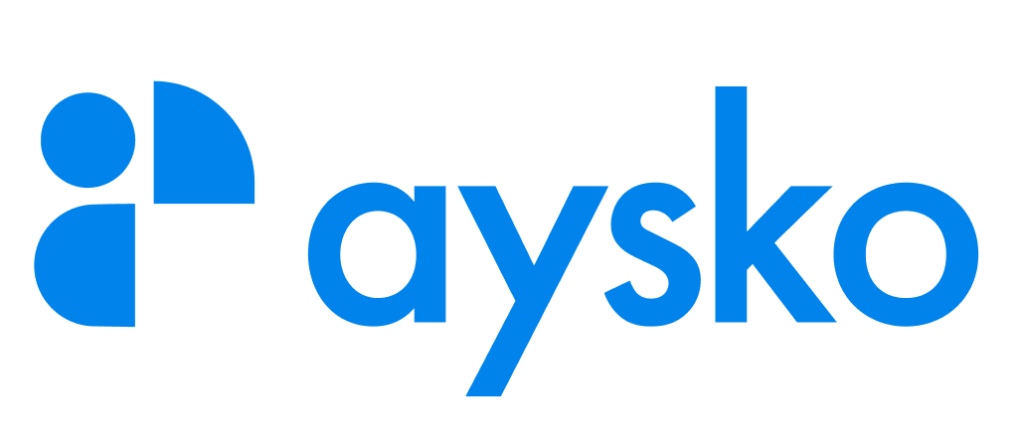Choosing a CRM or ERP system that fits the needs of your organization is an important and crucial process. There are countless systems available in the market, each with its own features and functions, making the right choice potentially challenging. However, a well-thought-out decision can significantly improve the efficiency and productivity of your organization. Here are some steps to help you choose the perfect system for you.
1. Define Your Needs and Requirements
The first and most important step in choosing a management system is to define the precise needs and requirements of your organization. It’s essential to understand the core processes that the system needs to support—whether it’s customer management, human resources management, inventory management, or any other function. A detailed list of all requirements will allow you to assess how well each potential system aligns with your needs.
2. Review the Market Options
Once you’ve defined your requirements, the next step is to review the available options in the market. There are a variety of CRM and ERP solutions, each specializing in different areas. For example, a system like Aysko offers high flexibility and customization, allowing you to create a solution tailored precisely to your needs. It’s important to evaluate which systems provide the features you’re looking for and which ones best fit your organization’s budget and demands.
3. Align with Business Strategy
The system you choose should seamlessly integrate with your business strategy. If your organization is focused on rapid growth, it’s crucial to choose a system that can support a quick expansion of users and data. If accuracy and reliability are top priorities, look for a system that specializes in advanced data management capabilities.
4. Flexibility and Customization
One of the most important aspects of choosing a CRM or ERP system is its ability to adapt to the changing needs of your organization. Modular systems like Aysko allow you to customize the interface and features to fit your exact needs. This flexibility ensures that the system will continue to serve you well into the future, as your organization grows and evolves.
5. Support and Customer Service
Equally important is evaluating the level of support and service the system offers. Is there a support team available to help resolve issues? Are there guides or training for employees? Quality customer service can make the difference between a system that serves you well over time and one that becomes a burden.
Conclusion: An Informed Decision Ensures Success
Choosing a CRM or ERP system is a strategic decision that can significantly impact the success of your organization. By precisely defining your requirements, reviewing market options, and using flexible systems like Aysko, you can ensure that the system you choose meets your needs and helps you lead your organization forward.







